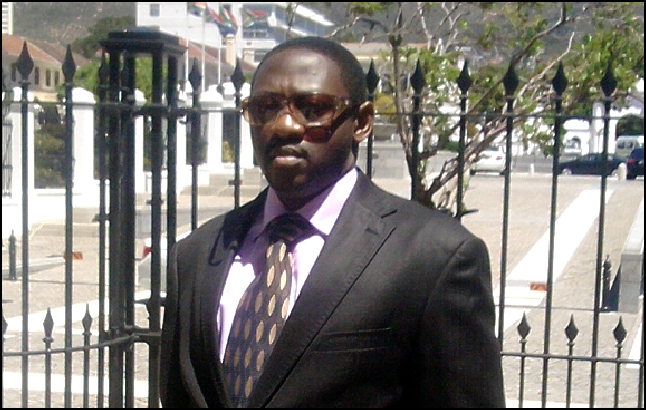Cameroon has been hit by serious power outages for a decade now. The rural areas in the country have suffered most from these serious power outages. The situation is worse even in the capital city Yaoundé.According to the lone public electricity provider, AES Sonel, which has for a long time enjoyed monopoly within the electricity sector, the power outages have been as a result of maintenance operations being conducted on the country’s electrical network. According to Cameroon Report dated 12 May 2015, this is indeed paradoxical for a state which is ranked as the second country in sub Saharan Africa with a great potential in producing hydroelectricity. It is indeed amazing to know that Cameroonian legislation has evolved towards the direction of liberalisation. Cameroon Journal reveals that in 2010, Parliament enacted a law liberalising the electricity supply sector. But since the enactment of the law, the situation has become worse. Does it only suffice to enact laws without any concrete action while a majority of the population and business continue to suffer because of lack of adequate electricity supply?
It is obvious that for over a decade of increasing state control, Cameroon has had an industry that has served vested interests rather than the consumer’s interest. Despite the power shortages, electricity prices in Cameroon before taxes are higher than the average of other states on the continent. Electricity could be around 50 percent cheaper without government interventions.
State authorities recently revealed that it was high time to get small and medium sizes (SMEs) involved in the electricity sector in Cameroon. According to Cameroon Report, of a population of 23 million inhabitants, only 850 000 are connected to the national electricity grid, thus a coverage of just 6 to 7 per cent of the national territory.
Cameroonians wonder whether the precarious electricity quagmire would one day change for the better especially as the state has been long involved in projects like the Lom Panger Dam project and the hydroelectric projects of Memve'ele and Mekin, to no avail. Jean Pierre Kedi, Director General of the Electricity Regulations Agency (l'Agence de régulation du secteur de l'électricité) opines that Cameroon can solve this precarious electricity deficiency if SMEs are indeed involved in the sector. Cameroon Report adds that the Cameroonian government has partnered with the European Union and consultants such as InvestElec to make sure that SMEs get involved in alternative sources of electricity supply especially renewable energy. Workshops were even organised in Yaoundé from the 7 to the 11 of April 2014, to train actors of SMEs interested in getting firsthand knowledge on how to get involved in investment opportunities in the electricity supply sector.
African libertarians like Adedayo Thomas and Oyenuga argue that it is necessary for central governments to devolve decision making in the area of electricity supply to other stakeholders. Liberalisation in the electricity sector will thus bring in more stakeholders and trigger competition for better services.
It is thus a laudable idea to rethink the electricity supply strategy of the state. It is obvious that the European Union and InvestElec are going to pump in a lot of money to alleviate the situation. If there is no strict control of corrupt practices of state agents called upon to supervise the usage of these funds to usher in SMEs into electricity management, then the operation will be a waste of time and poor Cameroonians will continue to remain in darkness. Workshops such as that organised from the 7 to the 11 of April 2014 in Yaoundé will have no impact. There is need for the state to thus liberalise the electricity sector and give the opportunity equally for foreign companies to invest in solar energy and biomass energy especially in the rural areas. Only such measures will better the situation of Cameroonians as well as foreign investors who need electricity to alleviate poverty and move the state towards an emerging economy.
Chofor Che is an integral part of the Africanliberty’s Voice of Liberty initiative. He is also a Doctoral Law candidate at the Faculty of Law, University of the Western Cape and blogs at http://choforche.wordpress.com/


